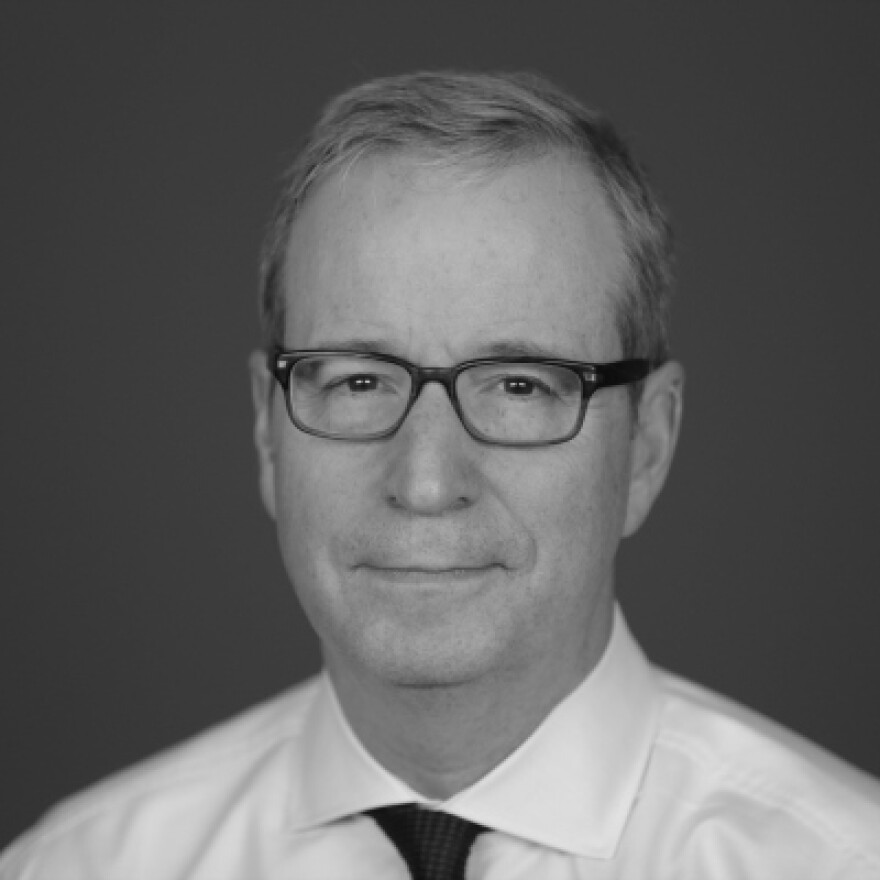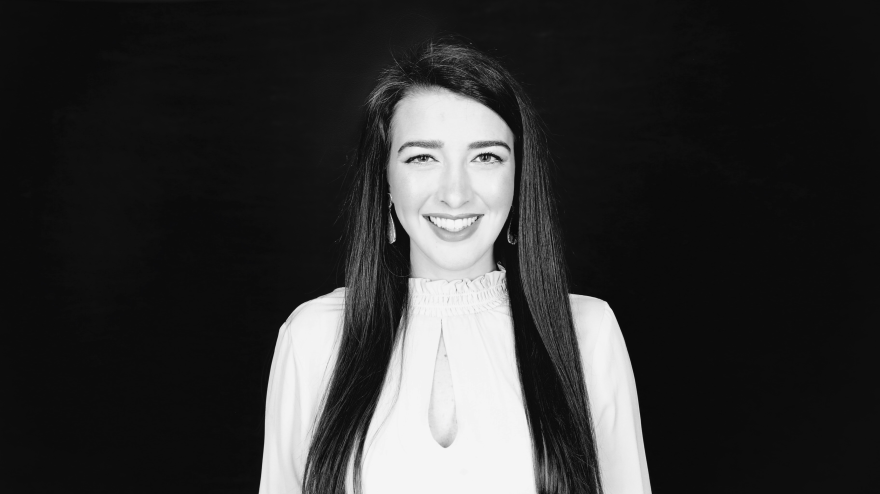As the 2024 presidential election looms, voters and the public are voicing that they feel deep political polarization. Journalists with The Atlantic will discuss how to navigate this election, especially in a swing state, during an event at the University of Nevada, Reno on May 2. KUNR’s Lucia Starbuck spoke to staff writer Elaina Plott Calabro and senior editor Ron Brownstein to learn more.
Lucia Starbuck: The title of the event is, “Democracy at a Crossroads.” What does that mean to you and what is Nevada’s role in all of it?
Elaina Plott Calabro: One big lesson for the country, for the media in particular in 2016, is that there is such a snap tendency to treat elections purely as a horse race–who’s up and who’s down? Journalists really need to be looking at, not just journalists but voters, is what are the stakes of this election, in terms of democracy, in terms of the foundation of this country? Nevada, of course, is a hugely important state in clarifying those stakes because it is one of the first states to send voters to the polls to determine these questions.

Ron Brownstein: We are facing not only years of rising polarization between the parties, bipartisan cooperation has become more and more rare in Washington. So we have all of that which was going on for years accelerated in the Trump era, but we have this new element–the threat to the basic structures of democracy. Trump has shown himself willing to barrel through a lot of the customs, and the norms, and potentially even the laws that have governed the basic rules of our democracy. We are in a situation that I believe we haven’t faced since the years before the Civil War.
Starbuck: In this presidential election, what role do you think swing states like Nevada have?
Brownstein: The amazing thing is we are a country of 330 million or so, and we are probably talking about two to 300,000 people across six, maybe seven states, that are themselves very closely divided, that will set the direction for a closely divided country. Literally a handful of voters, you wouldn’t want to be one of them, in the sense of how much mail and television advertising is going to be directed at you. But in some ways, the influence they have is just extraordinary. We are a dug-in country. 40 states have voted the same way in at least the past four consecutive elections. So what we’re talking about, is this election likely being decided by a handful of voters who can legitimately flip between the parties, who are probably pretty negative on both Biden and Trump, by the voters who are not really sorting between the parties, but on whether or not to vote at all.
Starbuck: In 2020, Trump contested Nevada’s election results, where he lost. It’ll likely be another matchup between Donald Trump and Joe Biden this election. How much influence does four years ago still have today?

Plott Calabro: I would say it has so much influence. If you’re a normal person, you might think four years ago was a long time, perhaps his campaign at this point has mellowed out. But in fact, I’ve only seen the opposite. When you think about the people who were around Donald Trump four years ago, they weren’t hugely on board with Donald Trump himself, they cared deeply about the institution of the Republican Party, the White House, the executive branch more broadly, to try to exert some muscle to protect those institutions. But really what we’ve seen in the four years since then, is that a lot of those people have stayed away from Trump. He really is surrounded by people who are true believers in him and his cause. Should he win Nevada? No, I don’t think he is going to have a lot of problem accepting that. If he doesn’t, you are not only going to see him go after them with the same and maybe even greater fervor than he did in 2020, but also the people around him.
Starbuck: When I talk to Nevada voters, they tell me that they see political polarization firsthand. They’re upset they can’t have a civil conversation with their neighbors about politics. How can the public navigate this? What are some solutions?
Plott Calabro: I actually would reference back to a profile I did of Speaker Mike Johnson. He really values President Reagan and Democratic House Speaker Tip O’Neill, two men who had clashing policy views, but really respecting each other’s people and had an implicit trust in the other’s good faith when it came to negotiations. That is pretty lost right now in Congress, among voters. In terms of solutions, it just takes leaders who are willing to say this is not how I want to run the show.
Brownstein: Every issue is seen through this red-blue prism. You have a circumstance where each side views it as an existential threat to their view of the country and what it should be if the other side wins power. In that environment, you are going to have a lot of strong emotion. The necessary step is not to deny that there are strong differences, it’s to acknowledge that none of us are going away.
The event, “Democracy at a Crossroads,” will be held at UNR on May 2nd at 5:30 pm. Register for the free event here.
As a note of disclosure, The Atlantic is a business sponsor of KUNR.







